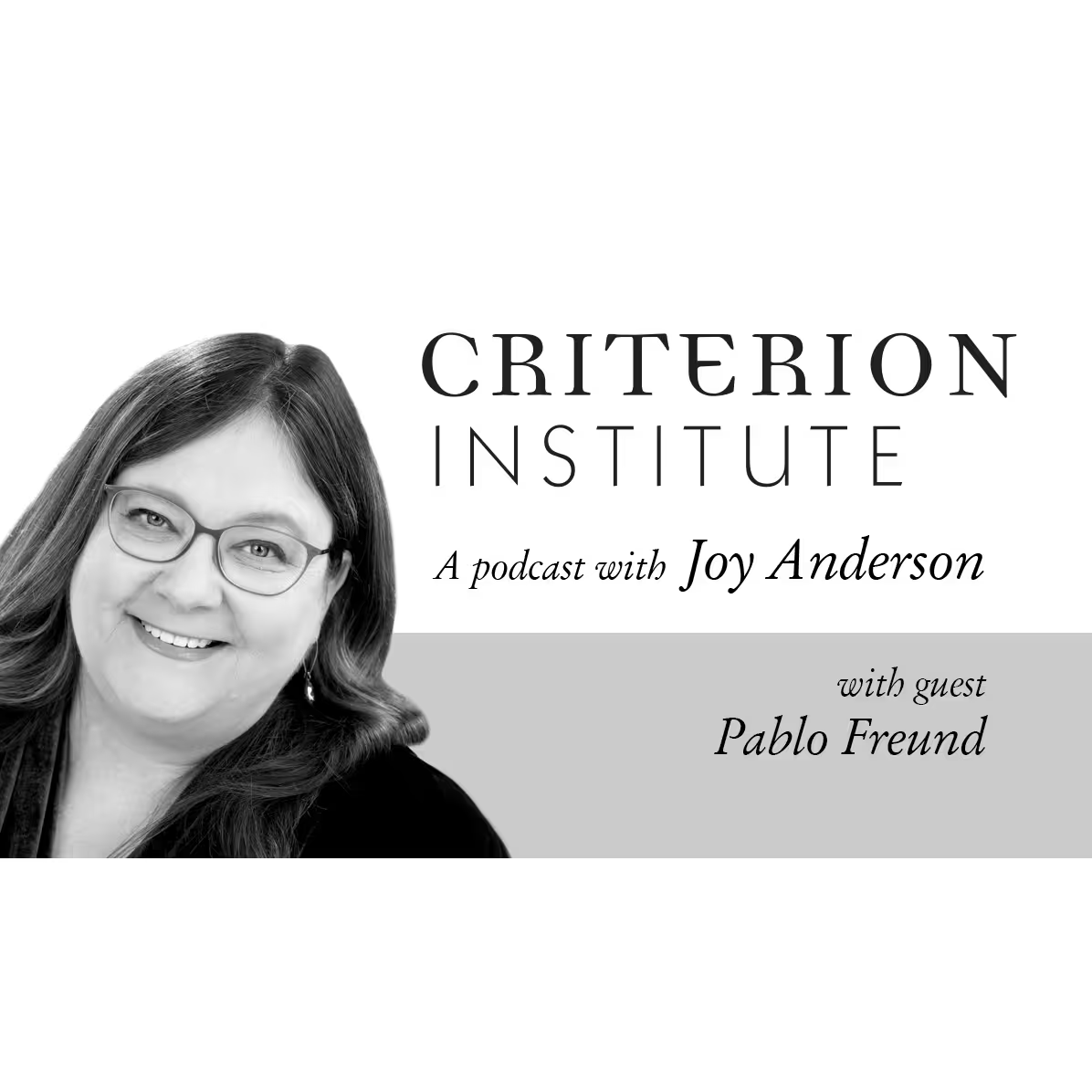#03: Bringing Financial Imagination to the Afghanistan Crisis

In this episode, Joy has a conversation with a colleague, Pablo Freund, who spent several months looking in depth at economic sanctions and investments tied to the realities in Afghanistan at the end of 2021, into the early part of 2022. Human rights were challenged by the shift in power that happened in August of 2021, as the Taliban took control of Afghanistan again. How can we bring a financial imagination to the work of looking at economic sanctions, one of the most complicated parts of our economic system? How can understanding how to use sanctions as a tool to create peace or end conflict to navigate a very complicated terrain. Where is there space for a financial imagination amidst a humanitarian crisis?
Episode Segments
Relevant Links
All our Tools are open source and free to use, repurpose and adapt to your context. If you’d like us to adapt them for you, get in touch.
The Blueprints demonstrate how a variety of social change organizations can design strategies that use systems of finance as tools to create positive social change.
These roadmaps lay out insights for how finance can be used to address gender-based violence in a range of sectors, asset classes, geographies, and investor types.
The TOOLKIT is designed to support your journey as you explore how finance can be used as a tool to create social change.
1K Churches was launched in 2012 to galvanize a movement in the faith-based community and engage US churches to invest in the local economy.
These gender-based violence due diligence tools analyze existing due diligence categories – including political, regulatory, operational, and reputational risks – and show how they can be affected by gender-based violence.
Gender-based violence is ubiquitous. More than 1 in 3 women worldwide experiences physical or sexual violence, and millions of men, boys, and gender-diverse individuals are affected by physical, sexual, and emotional abuse daily.